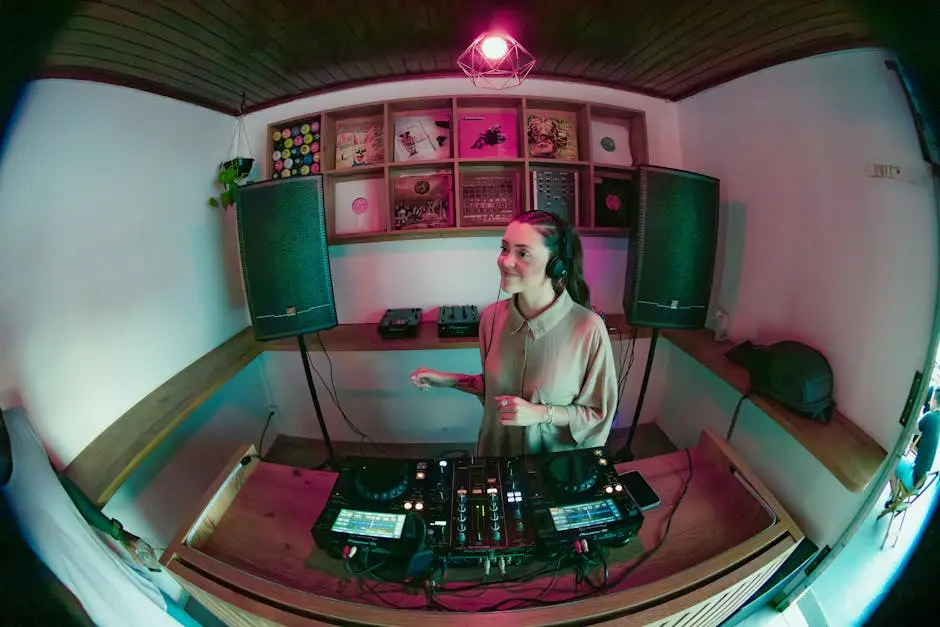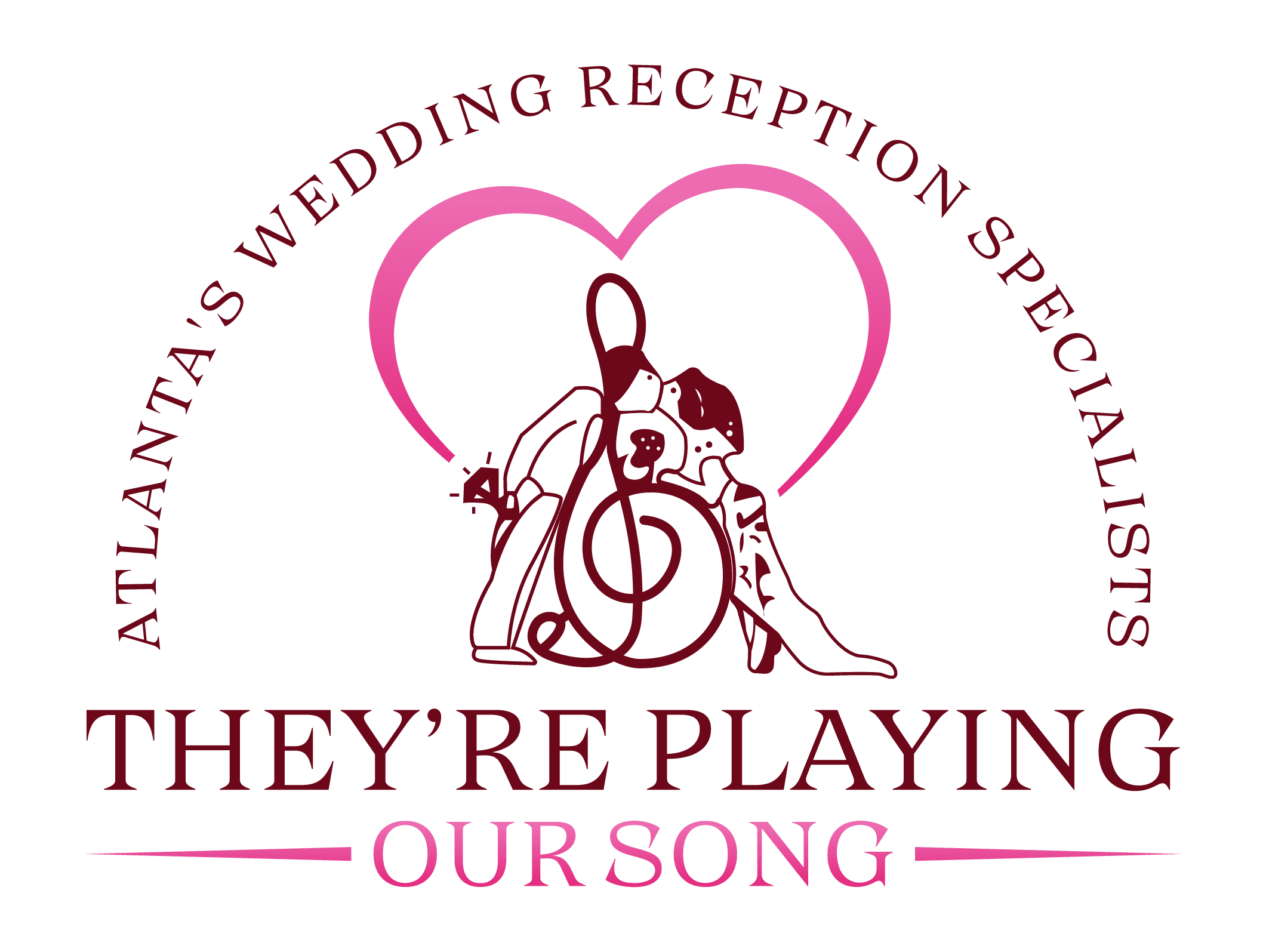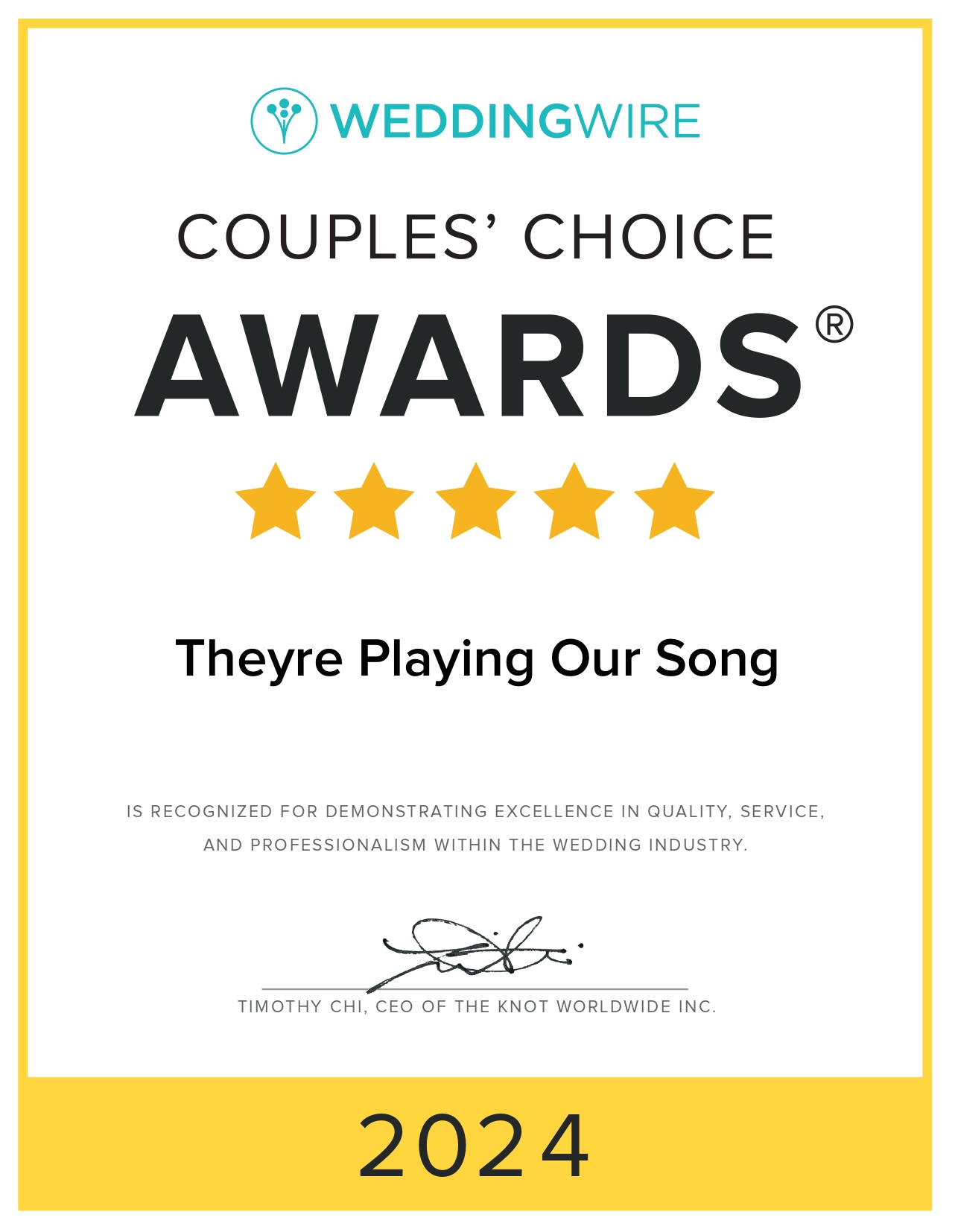Choosing the right music setup for your private party can be a challenge. With many options available, you might wonder if hiring a professional DJ is worth the investment or if you can manage the music yourself. This guide will help you weigh the pros and cons of each option.
Step 1: Assess Your Event Needs
Identify the type of event you’re hosting and the atmosphere you want to create. A birthday party might call for upbeat tracks, while a wedding could benefit from a romantic playlist.
Consider whether live mixing and a curated playlist would elevate the experience. A good DJ knows how to read the room and will adjust the music to suit your guests’ moods.
Think about the number of guests you expect. Larger gatherings often require professional equipment that a private party DJ can provide to ensure everyone hears the music.
Step 2: Evaluate Your Budget
Look at your budget to determine if you can afford a private party DJ. Hiring a DJ typically comes with a fee that includes their expertise, sound equipment, and often, lighting.
Remember to factor in equipment rental and any extra costs if you choose to do it yourself. Consider how much time you have to set up a sound system, or if you’ll need to rent speakers, mixers, and other gear.
Don’t forget about potential hidden costs such as travel fees for the DJ, or purchasing music licenses if you’re tapping into your library for a DIY setup. Keeping these costs in mind will help you make a more informed decision.
Step 3: Consider Your Music Knowledge
Reflect on your knowledge of music and mixing skills. If you’re not confident in creating playlists or reading the crowd, hiring a DJ may be a better choice.
The ability to choose the right song at the right moment can keep your guests engaged. If you feel your taste in music doesn’t cater to a broad audience, a DJ’s expertise might be invaluable.
Additionally, DJs often have access to a wide range of songs that fit different themes and moods, which can significantly enhance the experience. A good DJ is adept at blending tracks seamlessly, helping maintain the flow of your event and keeping attendees on the dance floor.
Step 4: Weigh Pros and Cons
List the advantages and disadvantages of both hiring a DJ and managing the music yourself to help clarify your decision. Hiring a DJ means access to professional equipment and experience but might stretch your budget.
In contrast, managing music yourself can save money but also places more responsibility on you to ensure everything runs smoothly. Think about whether you’re ready to take on that challenge.
Don’t overlook factors such as the availability of a DJ and your personal comfort level when it comes to handling equipment. Sometimes, the ease of hiring a pro outweighs the cost.
Step 5: Make Your Decision
After evaluating all the aspects discussed, make your decision based on what will provide the best experience for your guests. Remember, the right music can set the tone for the entire event.
If you’re leaning towards hiring a private party DJ, do some research and read reviews. This can offer insight into which DJs align with your specific needs, ensuring a memorable experience.
However, if you decide to manage the music yourself, plan your playlist ahead of time and consider using a reliable music streaming service that allows for offline play. This will help you avoid any last-minute surprises during the event.
Final Thoughts
Ultimately, the choice between hiring a private party DJ or handling the music yourself depends on your event type, budget, and personal preference. Consider the factors we’ve discussed, and make the decision that best suits your needs.








